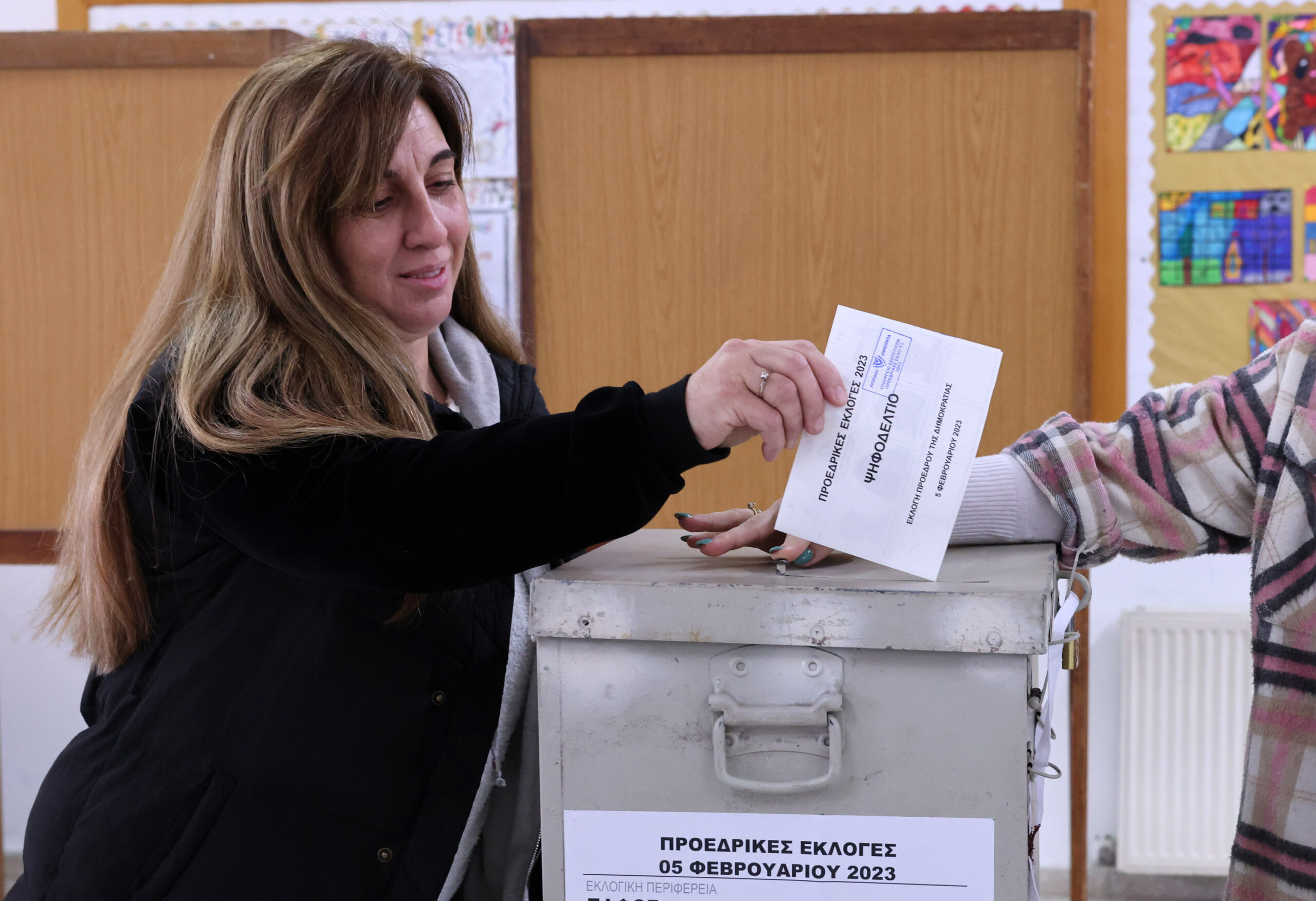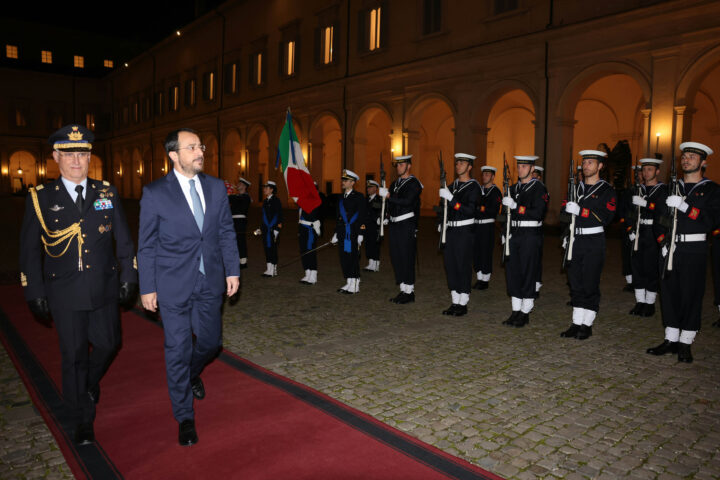Next June, the twin European Parliament and municipal votes will be much more than electing new mayors, councillors, or the island’s six MEPs.
Apart from the ongoing reform that will result in a mega-merger of all towns and smaller communities, hopefully in time for election day, it will also be a testing ground for the current administration, which relies on a fragile coalition of ideologically diverse political parties.
This is probably why the Democratic Rally (DISY turned down President Christodoulides’ offer to join his government and preferred to stay in soft opposition to reaffirm its voter strength while challenging the four key town halls of Nicosia, Limassol, Larnaca and Paphos.
After suffering a humiliating defeat in the last presidential elections, despite being the ruling party for a decade, DISY is already facing internal divisions.
Some past cabinet ministers are openly in support of Christodoulides, while others seem to be chasing their own windmills, unsure if they will stand by the side of the party’s current leadership or plan to set up shop elsewhere.
With the incumbent administration facing a plethora of criticism over a range of issues, the most important being a standstill in dealing with the Cyprus problem, as well as the diminishing purchasing power of Cypriots, the left-wing Opposition Akel, will try and secure three of the biggest municipalities, with the DISY-supported mayor of Paphos not willing to let go of the town he has cleaned up and rebuilt.
The cost of living has been galloping, fuel prices remain high, and the cost of lighting a bulb has become prohibitive, and not all should be blamed on the fallout from the Russia-Ukraine war.
Housing is a major headache that the government is struggling to deal with, as the growing class of middle-income families and young families face enormous obstacles in acquiring a home, be it a one-bedroom or a studio.
The shortage of space to build affordable housing in the centres of towns has pushed real estate values skyward, while poorly maintained apartment blocks are being rented out to migrants and asylum seekers, with authorities disregarding this disaster waiting to happen.
The new mayors to take over next summer will have their hands full.
They will need to deal with these economic and social issues.
There is no room for party favouritism, as reviving a financially exhausted society and reinstating welfare should be the main item on their agenda and above personal ambitions.
Hopefully, we will have candidates who will put the greater good above everything else with a long-term view of the future, even daring to express their opinions.
With the public generally disappointed and frustrated, even from the current generation of politicians, they should turn to their new mayors for guidance and leadership.
But will they be wise enough to deliver promises of supporting people in need or repairing what’s broken?










